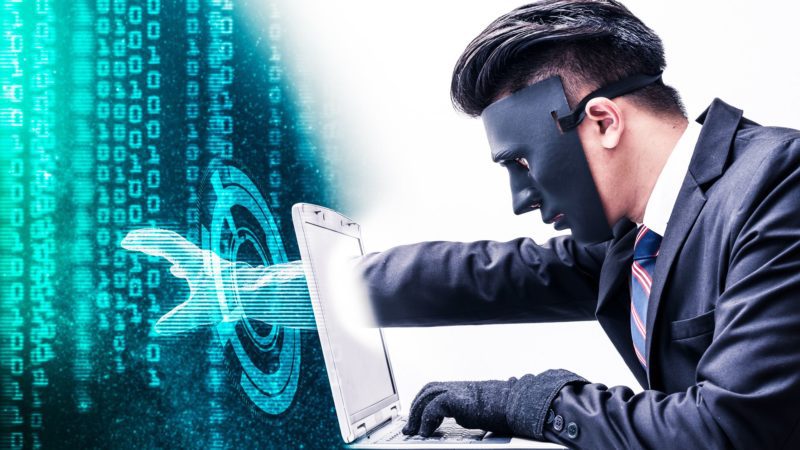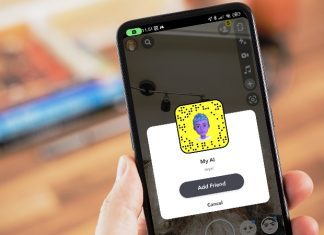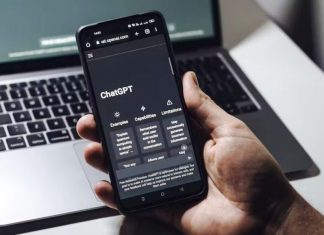Using the internet and computers can be a lot of fun. Now we couldn’t imagine life without being online, logging in, logging out, sending messages, and creating various profiles. But apparently, online life also has plenty of dangers. The more accounts you have, the higher the probability of passwords theft and hacker attack gets. It’s even more disturbing that some of the hackers work in such a way that an average internet user is not able to see what has happened immediately. They can have various suspicious actions done on their accounts without even knowing about it. However, some things might indicate that your password has been stolen. Knowing these signs, you are able to react instantly and restore your data without much pain.
First Signs of a Stolen Password –
The first thing that should make you suspicious online is any strange activity on any of your accounts – either it’s email, bank account, or unknown history in your browser. If you start receiving strange emails or suddenly get logged out, this may be a sign of a hacker’s attack. If you suspect it, try to change your password immediately – if this doesn’t work and you can’t log in again, the chances are that your password has just been stolen. Sometimes the theft is not even difficult because the passwords get automatically saved in many browsers. Also, you may get messages or calls from your friends that they received suspicious messages or links from you. You may also see strange programs or toolbars open on your computer – hackers often use stolen passwords to take other actions on the victim’s devices, such as illegal downloading or uploading.
(Guide) How to Check if Your Password was Stolen?
Once you suspect that your password might have been stolen and see some signs of it, it’s reasonable to use some tools to check if you’re right. First, try to think if you’ve used any public wi-fi connection recently – they actually work in favor of hacking, as they don’t have any data protection. If you want to prevent such attacks in the future, you should use VPN – Virtual Private Network. It’s a personal connection system that protects the personal data from leaking out or being stolen by hackers. Have a look at https://www.vpncompare.co.uk/surfshark-vpn-review/ to read more about how it works.
You can also make use of some free tools to see if your password has been stolen. For example, try out this website to enter your email address. The results will immediately show if your email and password are used anywhere else on the internet. Another idea is to browse through your login history, for example, on Google or Facebook account – these platforms usually display every login attempt. If you find some strange activity, just change your password and add an extra security check, for example, via telephone number. If you’re not sure what to do, asking an IT specialist for help is always a good option.
How to Prevent Hacking?
Hackers probably don’t think much about choosing their victim – whenever they see a security gap, they just treat it as an opportunity. That’s why it’s reasonable to be extremely cautious on the web. There’s no remedy for hacking, and everyone might become a victim one day, but if you take specific actions, you may minimize the risk. For example, try to change all your passwords every month or two – it will increase safety. Also, don’t make all your passwords easy to guess or exactly the same. Try to think of different passwords for your bank account, Google or Facebook, and don’t note them down anywhere – especially not on your phone or computer. If you want to get more info on how to create a strong password, read this article.
When downloading any files, make sure they come from a reliable source and, ideally, install a security scanner to look through the programs before downloading them. Another useful tip concerns logging out, turning off the wi-fi, and the computer once you’ve done with your work. This may seem obvious, but in fact, many people forget to do so. If you keep your laptop on and sites open for a long time, the chances are that someone will ‘get interested’ in what you’re doing online. If you want to read more about online safety, have a look, for example, here.
Online safety is now one of the most important concerns all over the world. The more developed online life becomes, the more threats and dangers appear. Sadly, hackers always seem to be one step ahead of the IT and tool preventing online theft. However, the only way to be 100 percent safe online is to … give up using the internet at all! It’s enough to stay reasonable, then, and take care of our private data or accounts.








